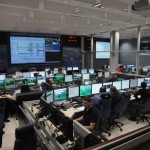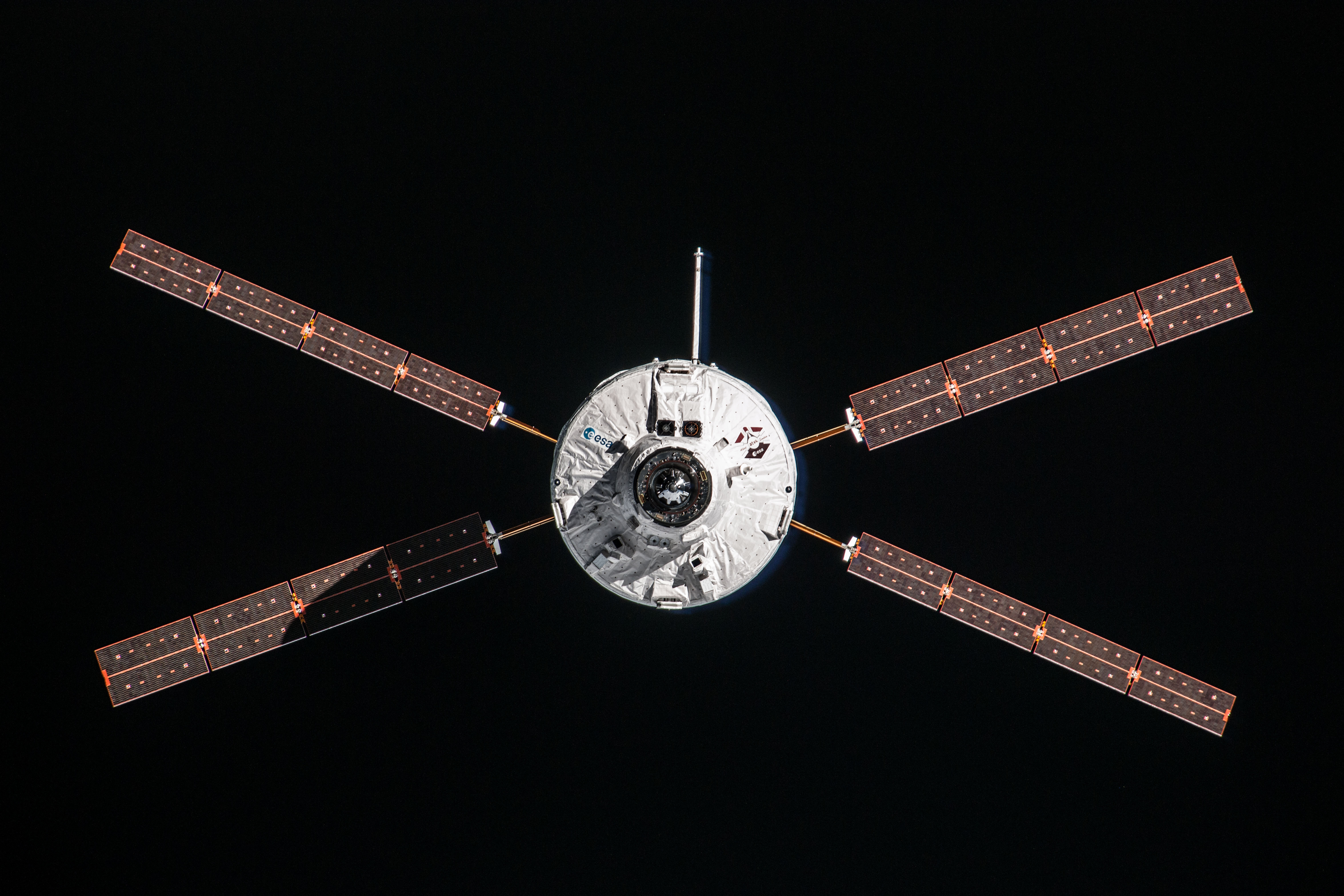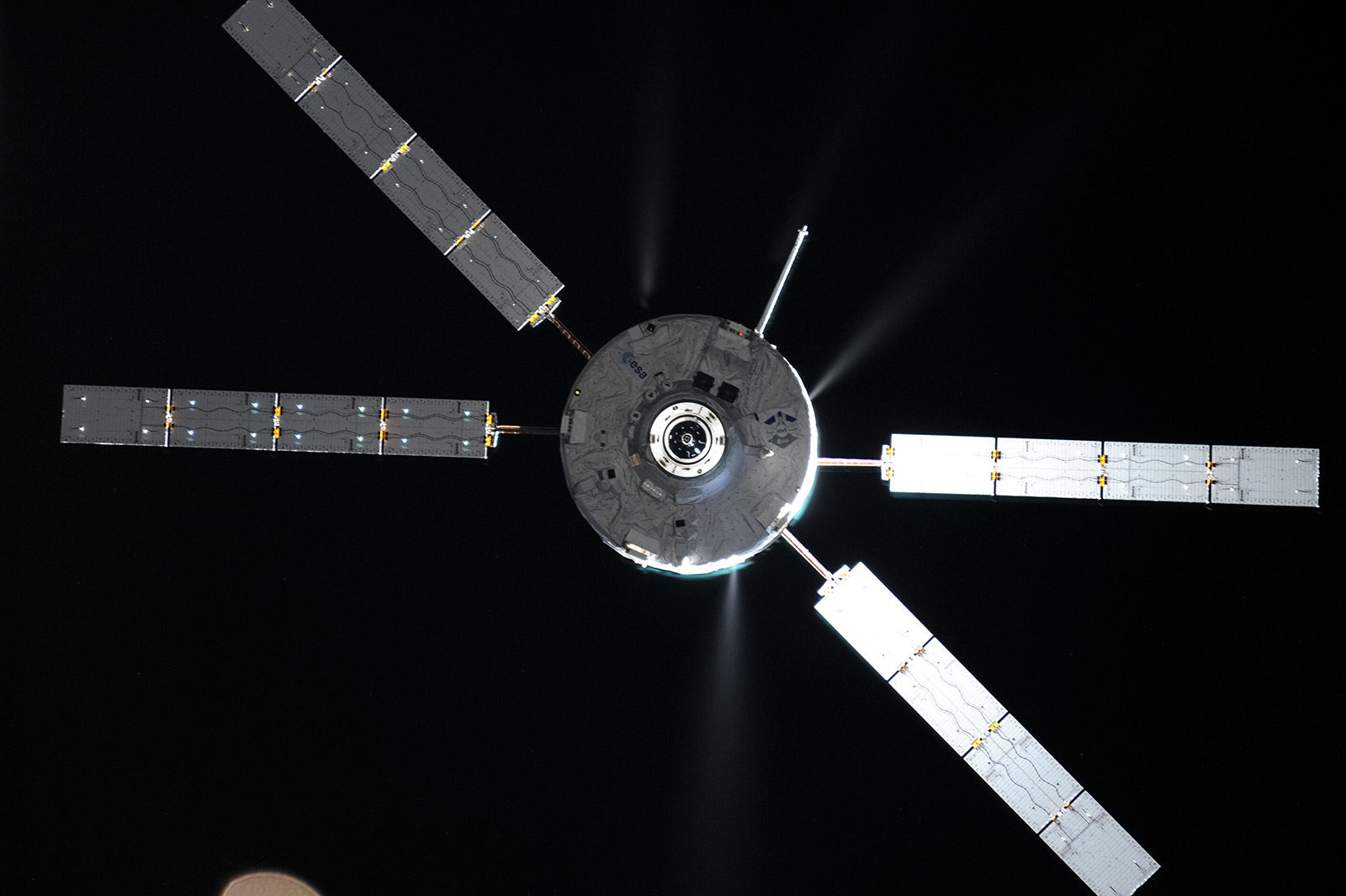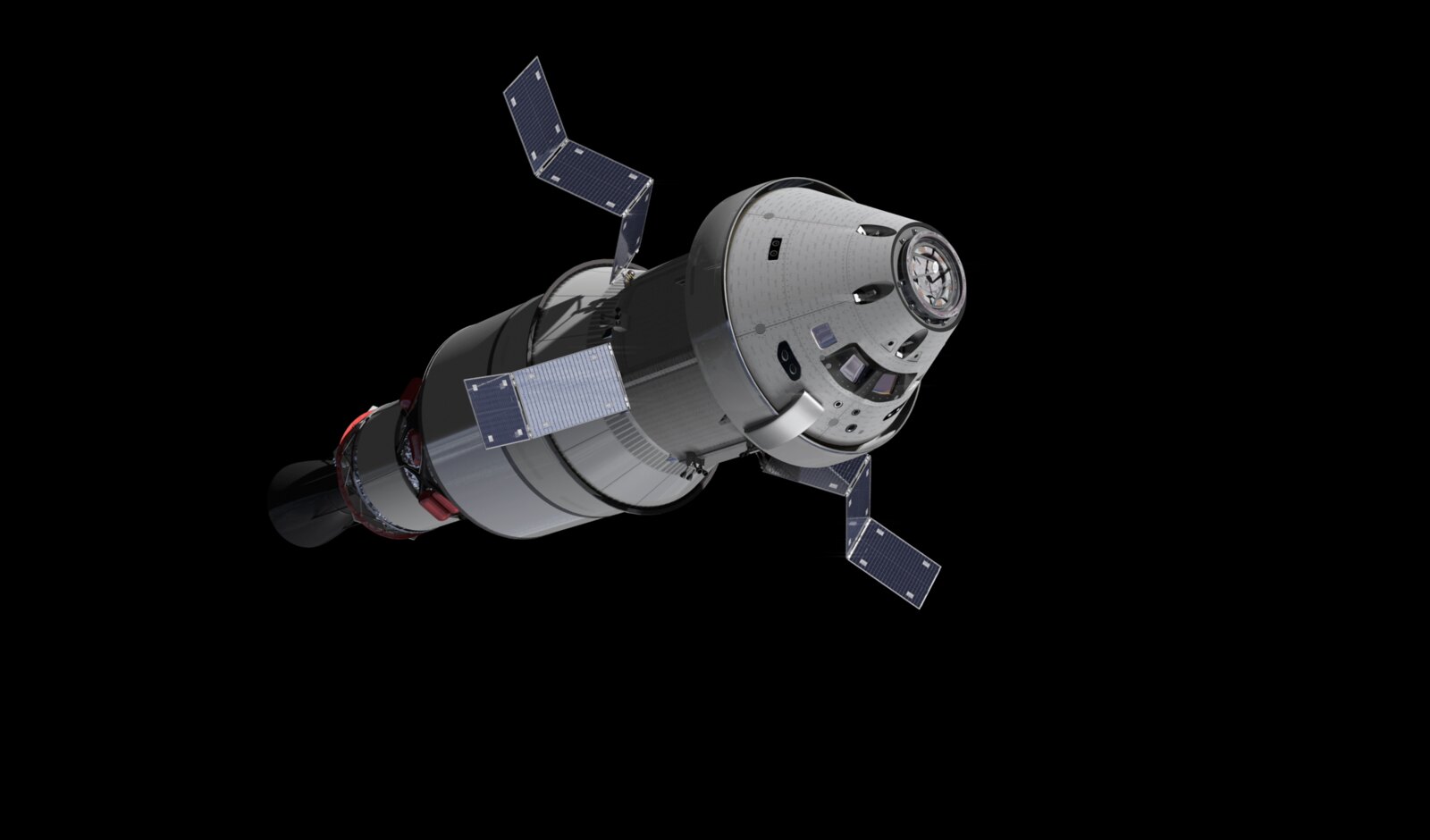Tuesday, 05:47 in the ATV-CC Engineering Support Team room
Update from Charlotte Beskow on this week’s simulation at ATV-CC – Ed.
This is a weird week! Weird because the timing is completely ‘off’ – we are in Day 2 of a 5-day simulation with operations running 24h/24h and I am doing the night shifts. The clock on the wall tells me it is Thursday, 3 March 2012, at 04:48, but the lights are the same as if it was 10:00 in the morning and the people around me are pretty much the same that I meet during a ‘normal’ day.
Yesterday, Monday, we simulated launch and the initial steps of ATV’s Launch and Early Operations Phase (the famous ‘LEOP’). The simulation people – the trainers who pace us, the team, through a complete preplanned scenario – must have been preparing for this week for some time because they had certainly come up with an imaginative series of failures for us to handle.
Personally, I had not sat in front of the consoles since June 2011 when we deorbited ATV Johannes Kepler and so my reflexes were a bit rusty. In addition, the difference between simulated time and ground time necessitates some mental acrobatics when making data requests, etc. Things like passwords, log-in addresses, etc., are usually memorised in the fingertips, rather than the brain, but over five months, this capability disappears. Consequently, I was looking forward to a quiet simulation of ATV’s phasing orbits (the ones after launch but before docking) in order to ease back in and refresh my memory.
Yesterday’s shifts proved to be anything but quiet.
By the time my shift started the teams were coping with a bad power situation upon separation and the failure to deploy one of the solar panels (ATV has four). This of course caused a replanning of all subsequent activities, which in turn created some disorder for the Engineering Support Team (EST), since we had planned the manning of our shifts to suit our training needs. Little did we know…
The EST are consulted by the mission operations team in case of anomalies, so we had our hands full.
By the time I arrived, the failed wing had been deployed and the root cause isolated. The main boosts had been replanned and we were busy preparing workarounds and responding to replanning requests. I had plenty of work and the hours flashed by. When the replacement shift arrived at 06:00, we were all tired from lack of sleep (it is hard to sleep in advance..).
The shift change briefing was well attended and finished just in time for the second of two planned boosts. My shift was now over but just as I was packing up to leave I heard my colleague answer the phone saying: “Now is a bad time to call since we’ve just entered survival mode…” I looked back at my screen and – sure enough – a second failure had occurred and the vehicle reacted (correctly) by switching itself into safe mode.
If this would happen in real life, we would all stay to investigate but this was a simulation and in addition we had to be out of the CNES Establishment here in Toulouse by 08:00 due to security restrictions surrounding the President Sarkozy’s visit…
Today’s shifts (Tuesday) were more quiet and the teams were able to get the simulated vehicle back into a configuration that allowed us to continue towards the simulated rendezvous (RDV) with the ISS. This allowed us to exercise various off-nominal/non-nominal procedures and processes – which we hope never to use for real.
So, after a second night shift (which was peaceful), I am heading back to the hotel for some rest before the final shift.
The real mission shall, hopefully, be much more serene.


 Automated Transfer Vehicle page
Automated Transfer Vehicle page ATV blog archive
ATV blog archive
Discussion: no comments